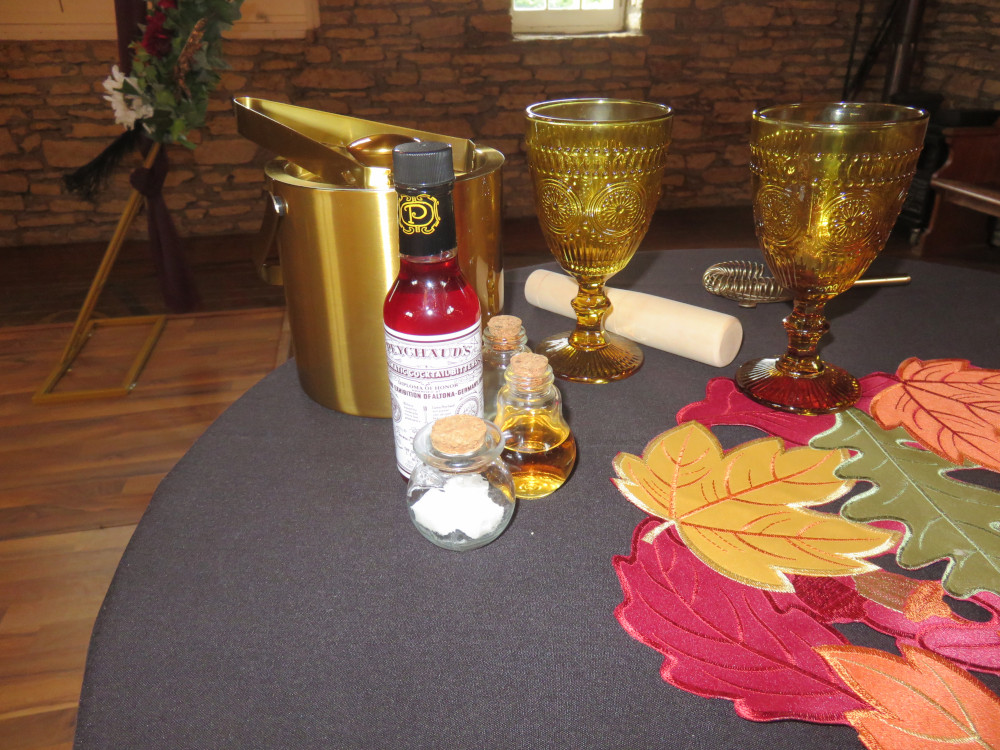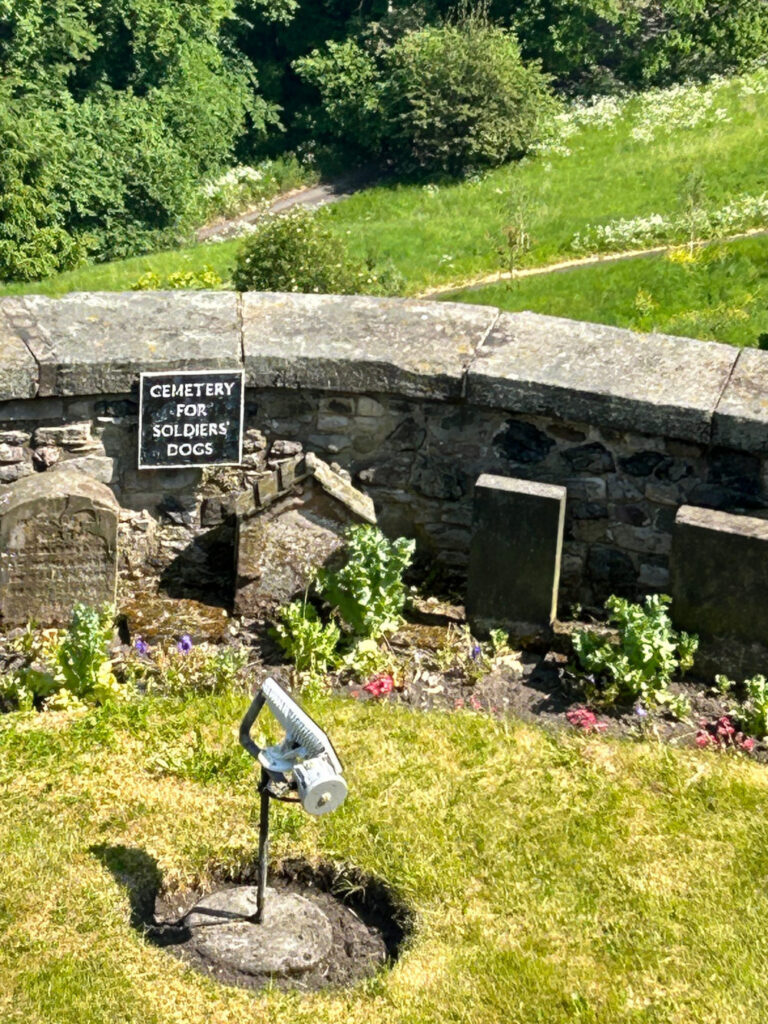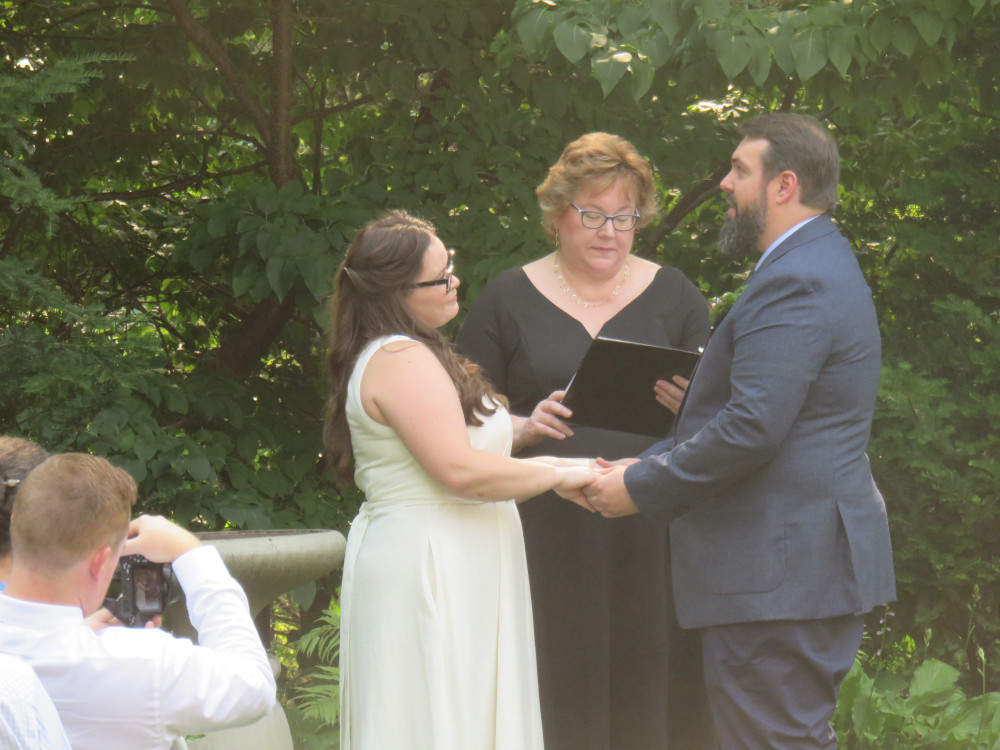Celebrate Your Uniqueness
Your wedding ceremony is a great opportunity to celebrate your uniqueness. Weddings can be full of traditions that are fun to include in your day, but make sure you include all that makes you special as a couple.
Weddings have been changing for awhile now, which offers you the chance to make the day a personal reflection of yourselves and your relationship. Traditions like bouquet and garter toss at the reception and “giving away” the bride at the ceremony can be left out if you prefer. And new rituals and ceremony approaches that better reflect you can be added.
I strive to make each ceremony I craft for a couple unique to them. Sharing their story is part of the beginning of the ceremony. My goal is for all the guests to learn something new about the couple. If they are interested, I encourage couples to write their own vows. It is another way to let their personalities shine.

Unity rituals are an obvious opportunity to celebrate your uniqueness. A trip to New Orleans was a significant event for a couple I married recently. For their unity ritual we had them build a Sazerac cocktail – the official cocktail of New Orleans. I used the characteristics of the ingredients – sweet, bitter, strong, and unique to craft a metaphor for marriage. This is the first Sazerac ritual I’ve written in the more than 500 ceremonies I’ve officiated. It was perfect for them. While there are many lovely “generic” unity rituals available, many can also be customized to
celebrate your uniqueness with a little effort.
An experienced, educated celebrant can work with you to write a wedding ceremony that reflects and celebrates you and the love you share. Start your wedding day with a ceremony that will celebrate your uniqueness as you voice your commitment to each other in marriage.


